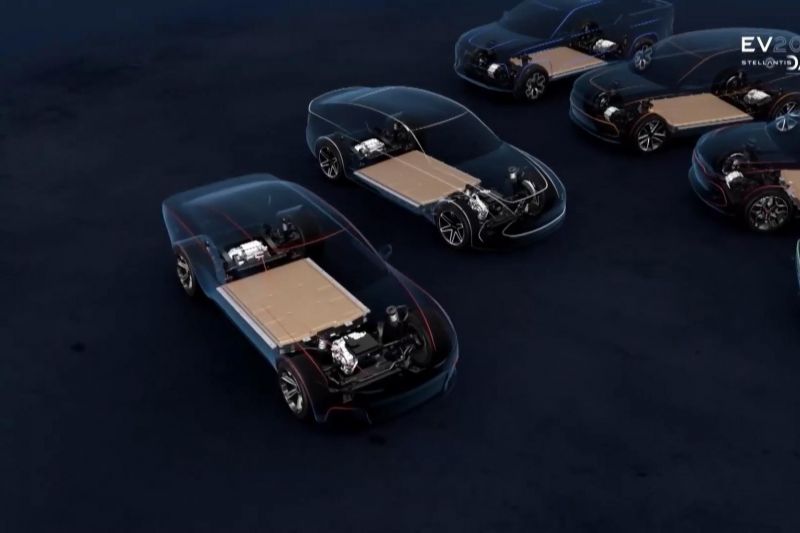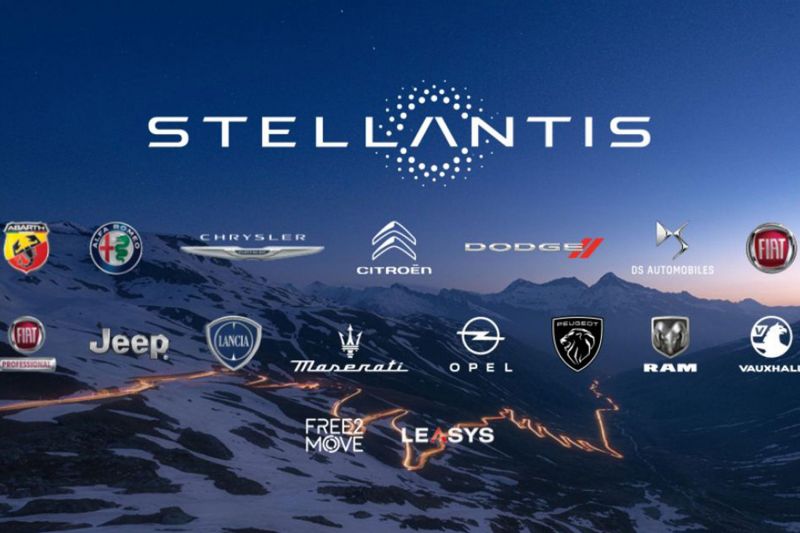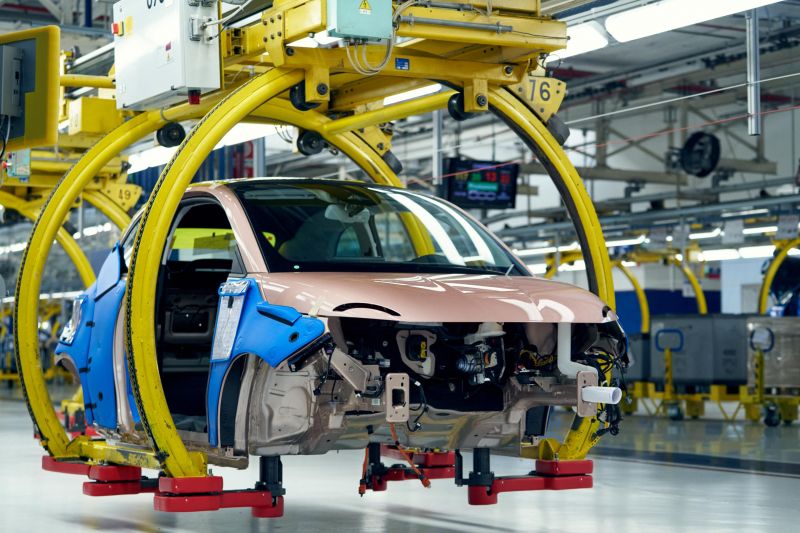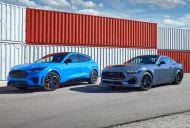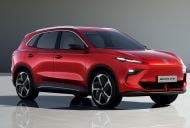Stellantis CEO Carlos Tavares says the European Union’s plan to ban new combustion vehicles from 2035 carries social risk, and full EVs are not unanimously the best means of driving down emissions in all cases.
In a wide-ranging interview with various European papers on the first anniversary of Stellantis NV – the merger of Groupe PSA with Fiat Chrysler Automobiles – Mr Tavares effectively said the cost-benefit equation was more nuanced than it’s often claimed to be.
“What is clear is that electrification is a technology chosen by politicians, not by industry,” he said in a joint interview with Les Echos, Handelsblatt, Corriere della Sera and El Mundo – as relayed via Reuters.
“Given the current European energy mix, an electric car needs to drive 70,000 kilometres to compensate for the carbon footprint of manufacturing the battery and to start catching up with a light hybrid vehicle, which costs half as much as an EV (electric vehicle),” he added.
We often hear that the mass rollout of battery electric vehicles is the overwhelmingly essential part of reducing automotive CO2 emissions. While clearly BEVs are the future, it’s interesting to hear an automotive heavyweight from Europe talk in these terms.
He added that the proposed ban on internal combustion engine vehicles by 2035 in Europe meant car-makers needed to transform their plants and complex supply chains rapidly.
“The brutality of this change creates social risk,” he is reported to have said, suggesting that a transition forced at speed could leave aspects of the workforce and middle-class consumers behind.
This follows on from comments Mr Tavares made in December last year, that governments and investors wanted car manufacturers to speed up the transition to EV despite costs being “beyond the limits” of what the industry can sustain.
“What has been decided is to impose on the automotive industry electrification that brings 50 per cent additional costs against a conventional vehicle,” he said at that time.
“There is no way we can transfer 50 per cent of additional costs to the final consumer because most parts of the middle class will not be able to pay.”
Regardless, as we reported here, Stellantis will push out electric vehicles across four platforms and all 14 of its brands, investing more than €30 billion (A$47 billion) through 2025. It’s expecting 70 per cent of its European sales to be “low emission vehicles” (all-electric or hybrid vehicles) by 2030, as well as over 40 per cent of its US sales.
Mr Tavares is not alone in his concerns around the to-be mandated pace of change, with Toyota Europe’s CEO Matt Harrison telling Automotive News recently:
“We are convinced that the journey to carbon neutrality will not be only electric, it will be eclectic – that is to say, it will embrace multiple technologies and fuels which all lead to the same destination”.
MORE: Toyota to develop new PHEV, EV platform for Europe
MORE: BMW developing new petrol and diesel engines – report
MORE: Italy wants petrol engine exemption for supercar makers

